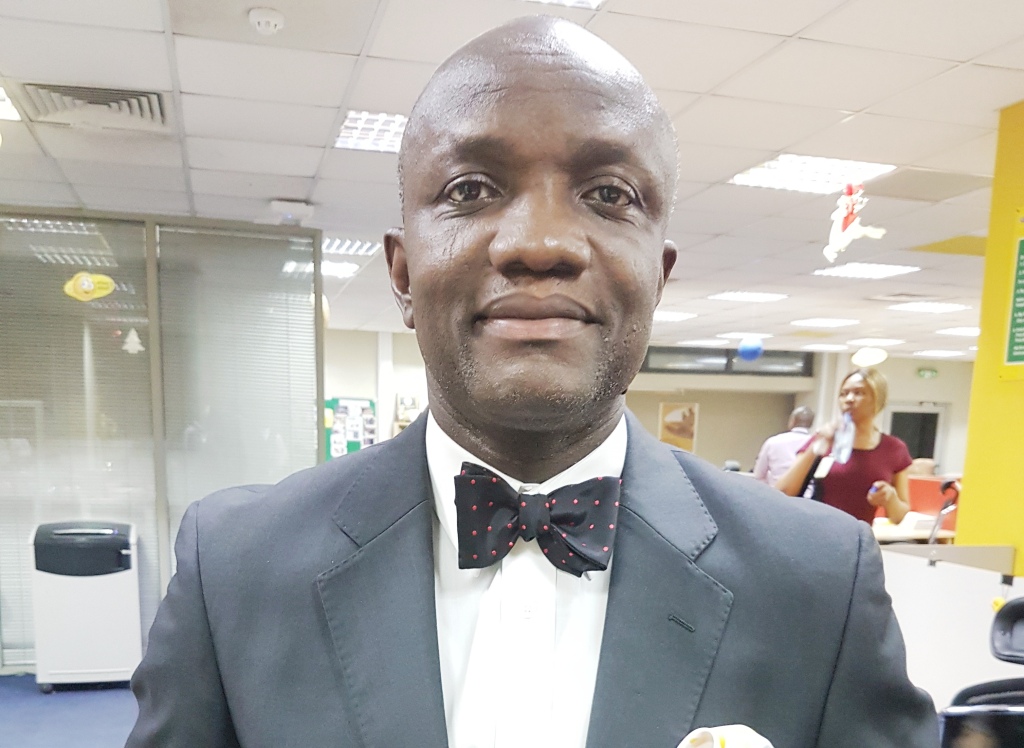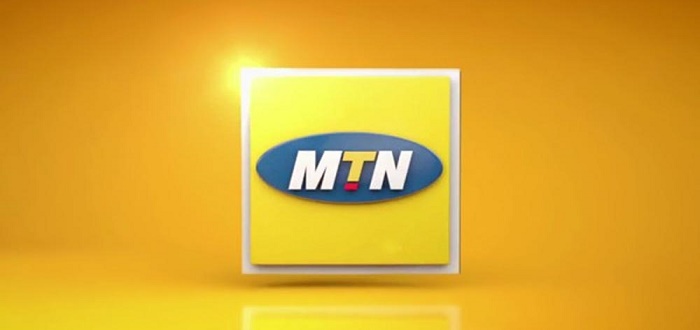The use of smart card readers for the authentication of accredited voters during any election in Nigeria has been legalized by the Senate following the amendment of the Electoral Act of 2010 to legalise the use of smart card readers in all election henceforth.
The deal by the lawmakers, it would be recalled, formed part of the position of the serial digital entrepreneur and Chairman of Zinox Group, Leo Stan Ekeh.
Ekeh whose company, Zinox Computers played strong roles in the supply of Card Readers during the test runs in 2011 and 2015 general elections had argued that the use of the device will smartly advance transparency and timely conclusion of elections in Nigeria.
Experts in the sector argue that the amendment to the Act will also pave the way for electronic voting in future elections.
The Senate also empowered the presiding officer at polling units to, in addition to the smart card reader, use any other technological device that may be prescribed by INEC from time to time for the accreditation of voters to verify, confirm or authenticate the genuineness or otherwise of voters’ card.
The passage of the Bill for an Act to Amend the Electoral Act 2010 and for other related matters followed the consideration and adoption of the report of the Senate Committee on INEC on Thursday. The bill, which passed its third reading, also stipulates that votes and recorded results must be transmitted electronically directly from polling units in an encrypted and secured form.
The amendment provides that if for some reason the encrypted data is compromised, the presiding officer would have to rely on the manual collation, which could however be prone to manipulation. Where the encrypted data is safe, it completely supersedes the manual results.
The amendment is also offering a solution to the ambiguity that may occur in the event a candidate dies after the commencement of elections and before the declaration of a winner by INEC, as was the case during the Kogi gubernatorial election.
As far back as May 2016, Ekeh had declared that the time is ripe for Nigeria to deepen its democratic culture through the full deployment of electronic voting during elections.
He had made the call while appearing as the keynote speaker at a retreat organized by the House of Representatives Committee on Electoral and Political Parties Matter held on Friday, May 27th 2016 at the Transcorp Hilton, Abuja where he disclosed that with the rapid pace of technological advancements, Nigeria stands to reap a lot of benefits from the deployment of e-voting, stressing that the initiative will go a long way in reducing litigations and strengthening the faith of Nigerians in the electoral process.

In a paper titled – New thoughts, ideas and innovations on use of ICT in elections – Ekeh affirmed that the gains recorded with the use of the card readers in the 2015 general elections goes a long way to show that with the adoption of e-voting, the country will take a huge leap towards sound democratic governance.
“The country is ripe for transition to electronic voting. In your life, there must be a little bit of disruption for you to move forward. With the use of the card readers in the last general elections, we saw a significant reduction in electoral fraud. However, a few challenges still existed as no technology can be said to be 100% perfect.
“A country cannot move forward where the elected leaders who take decisions are not the choice of the people. It’s like running a company and you are a shareholder in that company. If your son is not qualified to lead, you will be destroying that company by manipulating the system to favour that son. So, this was the essence of our submission to INEC on the adoption of electronic voting – that things should be done professionally with your support and that of the entire nation.
“Today, there are about 774 local governments in the country and each one with about 10, 800 polling units, some of which are in the riverine areas. Even if INEC purchases 1000 vehicles, it will still find it difficult logistics-wise to cover all the areas and this leaves the process open to manipulation by emergency contractors as INEC lacks the requisite man-power.
“If finally adopted and implemented, electronic voting will ensure that you now have reasonable infrastructure to handle this. While you have the mobile units and active screens at the polling units, the database of registrants or eligible voters is sitting at the national database of INEC.
“Once a voter’s number is entered at the polling unit, it pulls up the details of the voter from the list of registered voters. Verification will no longer be a problem and during voting, once a voter clicks on the icon of a chosen party, the same information hits the INEC back-end. This will go a long way in reducing litigations as INEC can provide verifiable evidence in court.
“With this technology in place, voters will no longer have to travel back to their wards to cast their votes. Furthermore, INEC can also monitor the entire process easily as each electronic voting device is equipped with a tracker and can be configured to shut down immediately voting ends.”
Tracing the country’s march and transition towards electronic voting, digital ICT entrepreneur Ekeh had also examined the benefits and challenges of the Direct Data Capture (DDC) machines used during the 2007 elections and the painstaking process which eventually culminated in the use of the card readers for the 2015 general elections.
“When Prof. Jega came on board, a decision was made to do a proper data capturing of eligible voters. We started the process and I must thank the National Assembly as they supported us despite being a local company.
“We designed the technology and ended up working for everybody in deploying the Direct Data Capture (DDC) machines nationwide including the 600 servers. These helped promote the concept of one man, one voter card, streamlined the electoral process and also reduced multiple registration, ineligible and under-age registrants – we did a lot of these from the back-end. As a result, we were able to deliver a strong database which reduced arguments and other related issues.
“From there, we moved to the use of card readers. Back then, there were calls for proposals for electronic voting which the National Assembly to a large extent didn’t consider as the country was seen as not ripe to embrace the technology then. Most of the issues encountered with the card readers had to do with the National Assembly and the budget for INEC as well as the late release of funds after election dates had been set, among other disruptions. So, INEC had no time to conduct a mock election using the card readers. I had recommended a regional mock then as this would have helped smoothen the process.”
At the retreat, Ekeh had equally seized the opportunity to urge the National Assembly in the march to transit to e-voting, noting that it would go a long way to foster a more progressive Nigeria.
“I would like to plead with the National Assembly to support INEC in its effort to adopt electronic voting. Until we embrace this disruption, the nation will not move forward in this regard because the government is the decider of the future of the people. If you appoint a CEO who cannot read a balance sheet, it’s impossible for that company to grow. This is the crisis the country is currently facing in the knowledge business,” he concluded.








